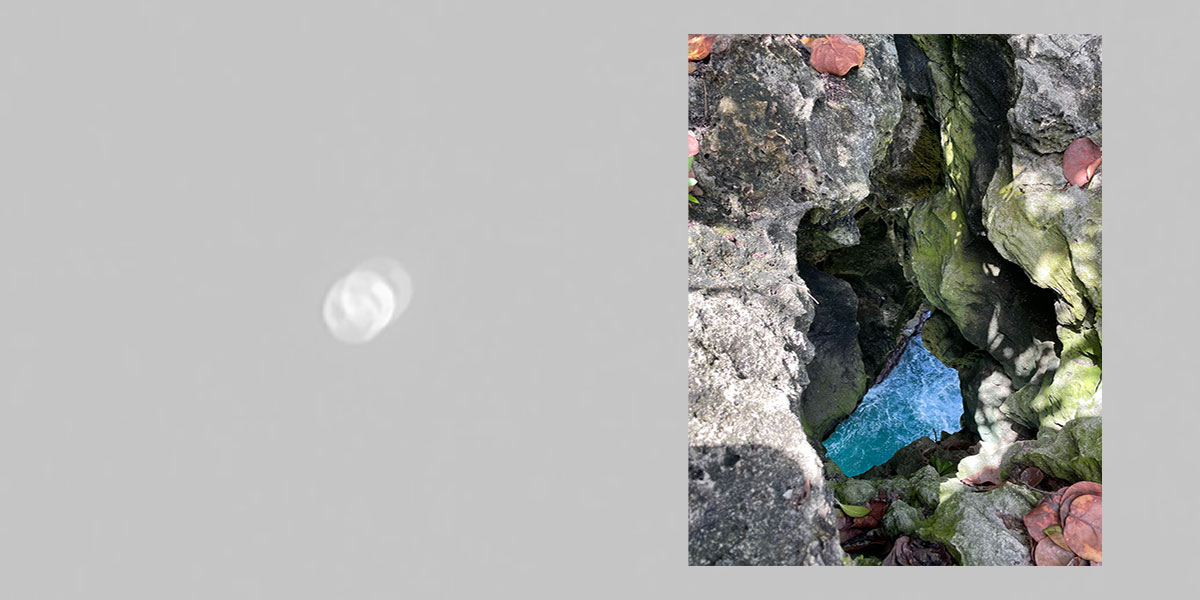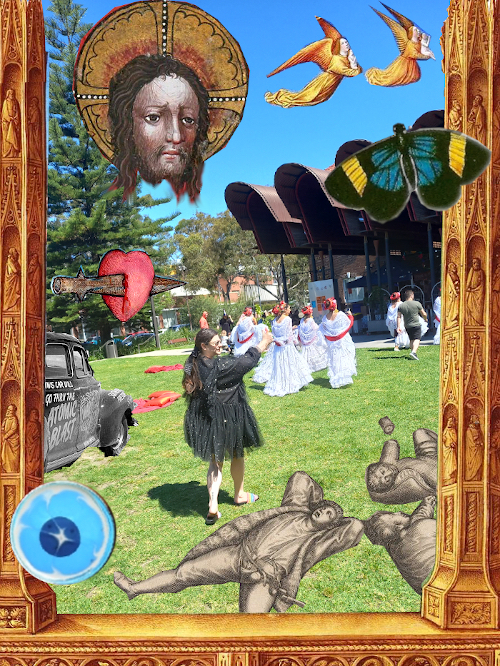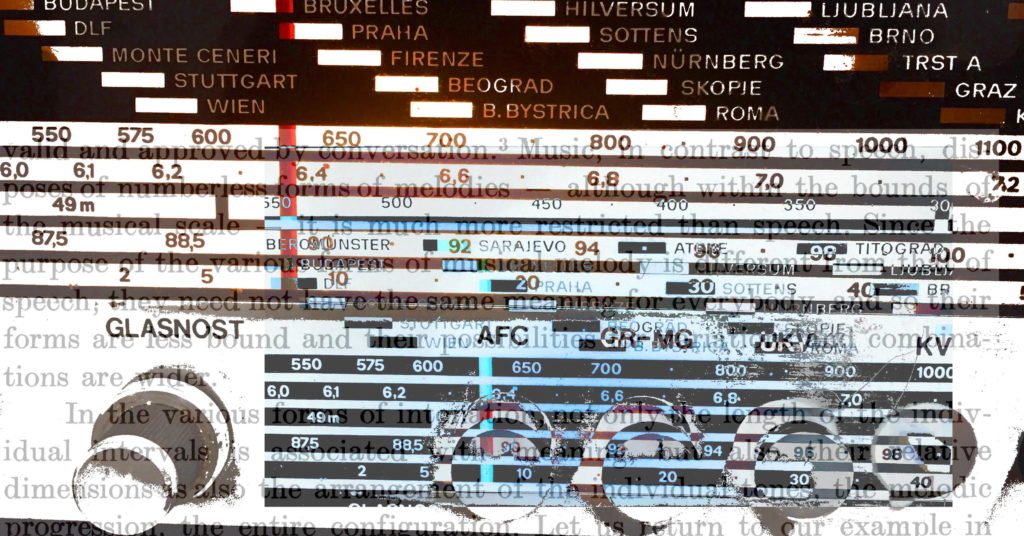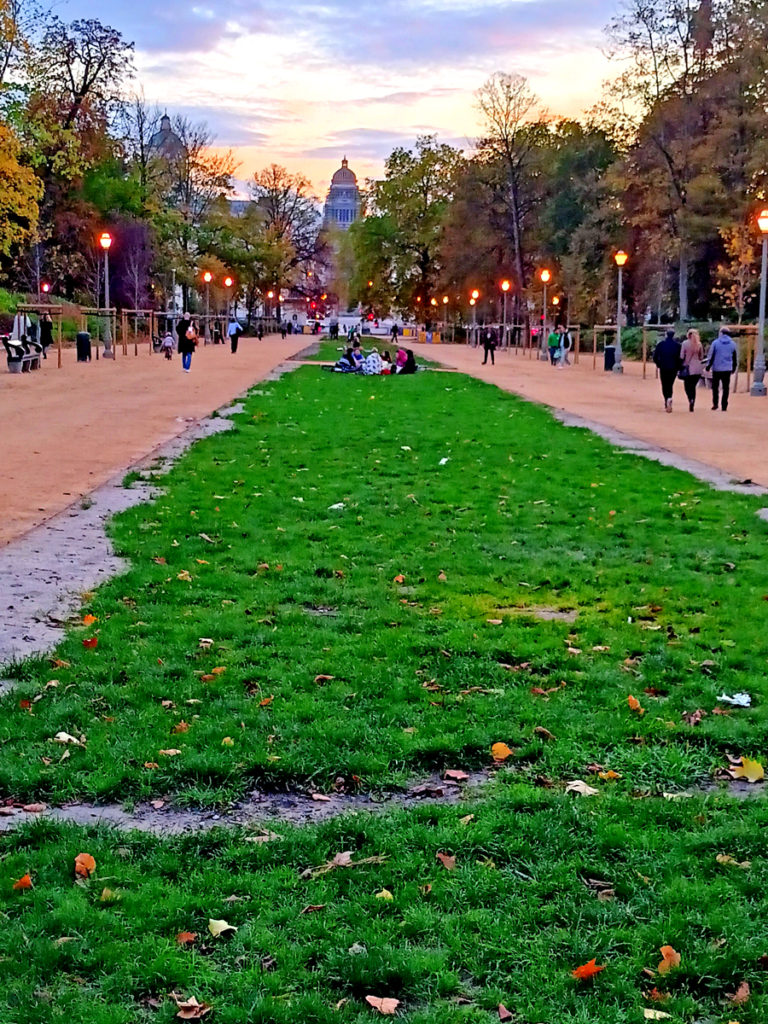
I have undone the sob of the lost echoes…
I have the deep infinite playing in my hands
Become the caress. I don’t want you to limit
your eyes in my body. My road is space.
To travel me is to flee from all paths…
I am the dancing imbalance of the stars.
excerpts from a Julia de Burgos poem entitled, Mi senda es el espacio / My Road is Space
Writes Rivera,“Co-regulating the spectrum: Meanwhile, the wave is a radiophonic river of shifting reflections across neurodivergence and consciousness studies, radio and radar via the electromagnetic spectrum, language and communication, ufology and ET lore, and diasporic musings regarding the political and cultural history of Puerto Rico. Through a dense assemblage of sound design and field recordings, and cut-up bilingual samples from poetry, personal reflections, interviews and archival documentaries, the electromagnetic landscape becomes an imagined extrasensorial, polymorphic, carrier of consciousness; a pulsating presence that is inhabited, and that inhabits, in a myriad of Other ways.
What do you mean when you say “spectrum”? What of “being on another wave-length,” or “the same frequency”? Like tuning a radio, bats from a cave, or flying saucers from the deep waters beneath the island, possible meanings emerge via aqueous transmissions and various slippages of language and meaning. Moving between English and Spanish, the piece utilizes common tropes such as contacts with extra-terrestrials, and autistics and other neurodivergent minorities as aliens with the felt experience of being an other and being othered. At the same time, the piece references a 1901 US Supreme Court ruling (Downes vs. Bidwell) that, in response to categorizing shipments for tax purposes, determined that Puerto Rico and the “new” island territories like Guam and the Virgin Islands were “inhabited by alien races” and “foreign, in a domestic sense.”
In addition, the work is equally inspired by the radical Neuroqueer Theory of Dr. Nick Walker (she/her), an autistic trans scholar and writer, the diasporic longings of Puerto Rican poet, Julia De Burgos, Ida M. Kanneberg’s book, UFOs and the Psychic Factor, and the science fiction of Octavia Butler.
What does is it mean to experience communication differences, sensory sensitivities, or other ways of being? How might these communication differences serve as opportunities to experience time and space differently and/or connect in other ways? How can a bodymind listen to, regulate, and communicate with itself, others, and the environment? Do bodyminds receive and transmit signals to and from beyond the local, and like radio and radar, can the diasporic experience be related?
At times, the listener’s attention is signaled outwardly towards the stars through ominous drones and radio feedback. Simultaneously, a notion of embodiment and grounding is alluded to with the samples of yoga nidra and tai chi explanations, and sounds of shelling habichuelas (Puerto Rican beans) recently grown in Vermont. Woven throughout the piece are field recordings captured while camping across the island in the July of 2022. Serving as textural markers and place-holders of memory, the recordings feature bomba performances, conversations, city ambience during an apagón (black out), and street protests, as well as various environments such as farms, forests, beaches, and caves.
Though a spectrum is defined as “a condition that is not limited to a specific set of values but can vary, without gaps, across a continuum,” the piece ultimately lies in the curious space between the gaps of the spectrum; among the edits, along the time shifts and losses, and across the possible waves and feeling frequencies of meaning and energy.”
Special thanks to: Wave Farm (Galen Joseph-Hunter and Tom Roe), Gregory Whitehead, Anna Friz, Joan Schuman, Neil Verma; Dr. Mel Houser, Sierra Miller, and the Neurodivergent Community of All Brains Belong VT; Vermont Art Council; and PR, the land and its people across the island and diaspora.
José Alejandro Rivera is a 2022 Wave Farm Radio Art Fellow. Rivera (he/they) is a Puerto Rican, Ohio-born artist, composer, designer, and researcher currently based in SW Vermont. Their layered, place-based practice is informed by a background in music, architecture, and tending land. Working through sound and space to draw on critical cartography, technological ubiquity, systems, and flows of temporalities, José creates evocative, experimental soundworks, geo-notational maps, sound design for podcasts and the moving image, and multichannel, audiovisual installations and performances. Visit https://wavefarm.org/radio/wgxc/calendar/mvfqk3 for more information.




